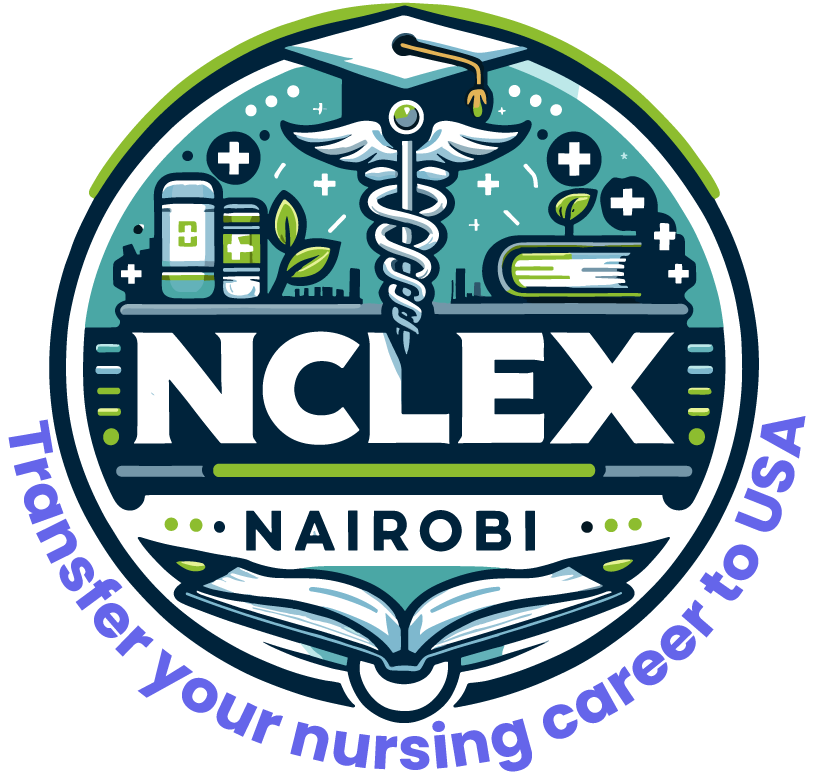
Passing the NCLEX marks a significant milestone in a nurse’s career journey, opening doors to a multitude of opportunities for professional growth and advancement. In this guide, we explore the diverse career pathways available to nurses after successfully completing the NCLEX and provide valuable insights into how nurses can navigate their way towards fulfilling and rewarding career advancement.
Exploring Specializations and Advanced Practice: One of the most enticing prospects for nurses post-NCLEX is the opportunity to pursue specialized areas of practice or advanced practice roles. Specializations such as critical care, pediatrics, oncology, and psychiatric nursing offer nurses the chance to delve deeper into specific patient populations or clinical areas of interest. Additionally, advanced practice roles, including nurse practitioner, clinical nurse specialist, nurse anesthetist, and nurse midwife, empower nurses to take on expanded responsibilities, prescribe medications, and provide advanced clinical care independently.
Furthering Education and Continuing Learning: Continuous learning and professional development are integral to career advancement in nursing. Nurses can leverage their NCLEX success to pursue advanced degrees such as a Master of Science in Nursing (MSN) or a Doctor of Nursing Practice (DNP), opening doors to leadership positions, research opportunities, and academic roles. Additionally, obtaining specialty certifications in areas such as critical care, medical-surgical nursing, or nursing informatics demonstrates expertise and commitment to excellence in a particular field, enhancing career prospects and earning potential.
Transitioning into Leadership and Management: For nurses aspiring to take on leadership roles and make a broader impact within healthcare organizations, opportunities in nursing leadership and management abound. Roles such as nurse manager, director of nursing, clinical supervisor, or nurse executive offer nurses the chance to oversee patient care delivery, manage interdisciplinary teams, and shape organizational policies and practices. Leadership development programs, mentorship opportunities, and formal leadership education can help nurses acquire the skills and competencies needed to excel in these roles.
Exploring Non-Traditional Nursing Careers: Beyond traditional clinical settings, nurses can explore a variety of non-traditional career paths that leverage their clinical expertise and nursing background in unique ways. Opportunities exist in areas such as healthcare informatics, case management, healthcare consulting, pharmaceutical sales, public health, education, and healthcare administration. These diverse roles allow nurses to apply their knowledge and skills in different contexts, contributing to healthcare delivery, policy development, and population health initiatives.
Networking and Professional Engagement: Networking and professional engagement play a crucial role in discovering and pursuing career advancement opportunities post-NCLEX. Joining professional nursing organizations, attending conferences, participating in continuing education activities, and connecting with colleagues and mentors can expand nurses’ professional networks, provide valuable insights into emerging trends and opportunities, and open doors to new career pathways. Additionally, seeking out mentors and role models who have achieved success in desired career paths can offer guidance, support, and inspiration along the journey.
Conclusion: Passing the NCLEX is just the beginning of a nurse’s journey towards professional growth, advancement, and fulfillment. By exploring diverse career pathways, furthering education and continuing learning, transitioning into leadership and management roles, exploring non-traditional career opportunities, and actively engaging in networking and professional development activities, nurses can unlock a world of opportunities to enhance their careers, make meaningful contributions to healthcare, and achieve their full potential as nursing professionals.
